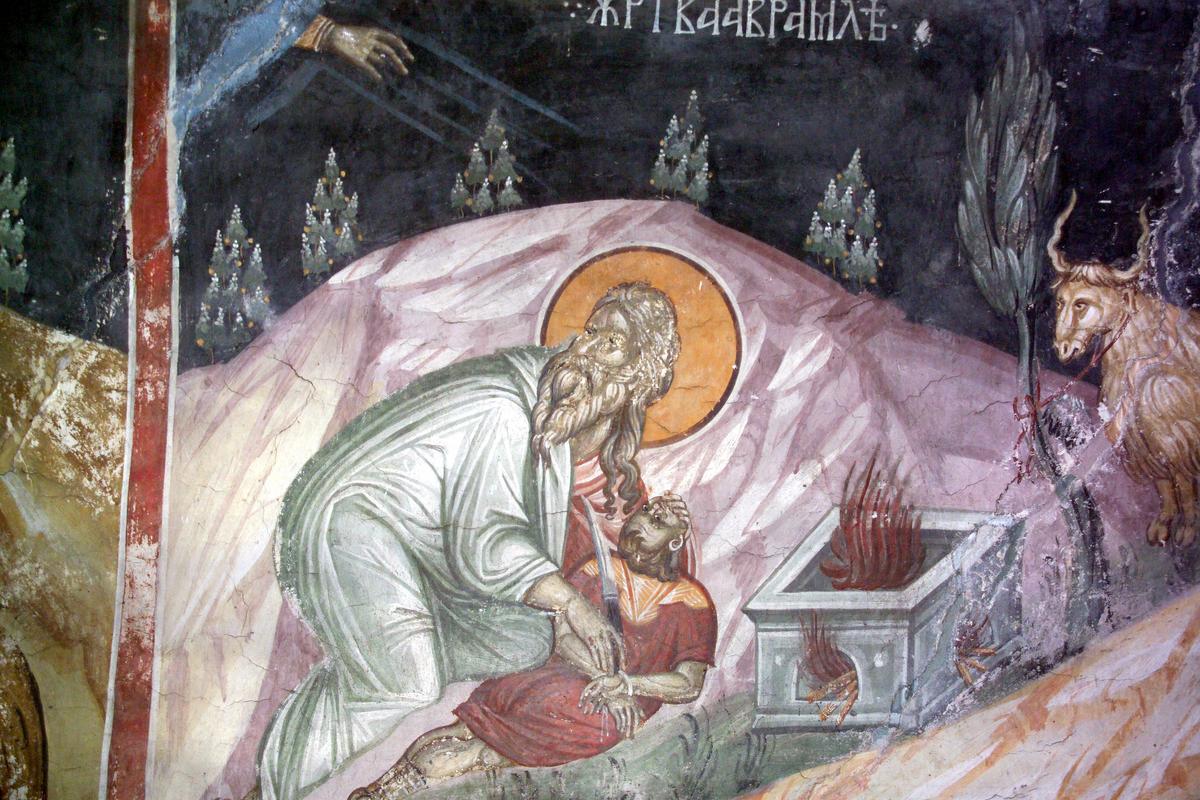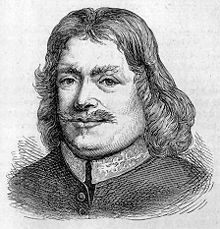Question: What is the Orthodox understanding of "imputed righteousness" in contrast with the Calvinist view?
The Protestant reformers made much of their doctrine of justification by faith alone. We agree that justification is by faith... just not that it is by faith alone.
What do we mean by "justification"? When Christians speak of being justified by God, we mean that we, who were once sinners, are made righteous by God. One important way that we differ from these Reformers (though not all Protestants) is that we believe that we are not simply declared to be righteous in a purely legal manner, but we are made righteous, and are then to work out our salvation in fear and trembling. We believe that if we become unrighteous, by living in unrepentant sin, we cease to be just in the sight of God. To remain justified, we must live a life of repentance, and a life in which the righteousness of God is lived out in our lives.
The Reformers often quote St. Paul's statements from the Epistle to the Romans:
"For what saith the scripture? Abraham believed God, and it was counted unto him for righteousness. Now to him that worketh is the reward not reckoned of grace, but of debt. But to him that worketh not, but believeth on him that justifieth the ungodly, his faith is counted for righteousness" (Romans 4:3-5).
And so, we are told, the Patriarch Abraham's faith was credited to him for righteousness, and so they argue we are saved by faith alone.
However, St. Paul goes on to cite specific examples of Abraham's faith
"Who against hope believed in hope, that he might become the father of many nations, according to that which was spoken, So shall thy seed be. And being not weak in faith, he considered not his own body now dead, when he was about an hundred years old, neither yet the deadness of Sarah's womb: He staggered not at the promise of God through unbelief; but was strong in faith, giving glory to God; And being fully persuaded that, what he had promised, he was able also to perform. And therefore it was imputed to him for righteousness. Now it was not written for his sake alone, that it was imputed to him; But for us also, to whom it shall be imputed, if we believe on him that raised up Jesus our Lord from the dead; Who was delivered for our offenses, and was raised again for our justification" (Romans 4:18-25).
In his Epistle to the Hebrews, St. Paul also says:
"By faith Abraham, when he was tried, offered up Isaac: and he that had received the promises offered up his only begotten son, of whom it was said, That in Isaac shall thy seed be called: accounting that God was able to raise him up, even from the dead; from whence also he received him in a figure" (Hebrews 11:17-19).
And St. James wrote in his Epistle:
"But wilt thou know, O vain man, that faith without works is dead? Was not Abraham our father justified by works, when he had offered Isaac his son upon the altar? Seest thou how faith wrought with his works, and by works was faith made perfect? And the scripture was fulfilled which saith, Abraham believed God, and it was imputed unto him for righteousness: and he was called the Friend of God. Ye see then how that by works a man is justified, and not by faith only [or, "alone," Greek "monon"] (James 2:20-24).
St. James cites the same example of Abraham's faith regard the promise that by his son Isaac, the promise that God made to him would be fulfilled, and he uses the very same quotation from Genesis 15:6 ("And he believed in the Lord; and He counted it to him for righteousness"), and says that we are justified by works. So did St. Paul and St. James contradict one another? No, St. Paul does not argue that we are saved by "faith alone", and St. James does not argue that we are saved by works alone. It is interesting to note that in the entirety of Scripture, the words "faith" and "alone" appear together in only in the passage from St. James. In fact, St. James says that Faith and works, work together: "Do you see that faith was working together [synergei] with his works, and by works faith was made perfect [or completed]" (James 2:22). St. Paul does not contradict this, but in fact confirms it when he commands us to "work out your own salvation with fear and trembling" (Phil. 2:12).
And the Scriptures make it abundantly clearly that we cannot simply be declared righteous, but live as sinners:
"But when the righteous turneth away from his righteousness, and committeth iniquity, and doeth according to all the abominations that the wicked man doeth, shall he live? All his righteousness that he hath done shall not be mentioned: in his trespass that he hath trespassed, and in his sin that he hath sinned, in them shall he die" (Ezekiel 18:24).
"Therefore, thou son of man, say unto the children of thy people, The righteousness of the righteous shall not deliver him in the day of his transgression: as for the wickedness of the wicked, he shall not fall thereby in the day that he turneth from his wickedness; neither shall the righteous be able to live for his righteousness in the day that he sinneth. When I shall say to the righteous, that he shall surely live; if he trust to his own righteousness, and commit iniquity, all his righteousnesses shall not be remembered; but for his iniquity that he hath committed, he shall die for it" (Ezekiel 33:12-13)
St. Nicholas Cabasilas wrote:
"There is an element which derives from God, and another which derives from our own zeal. The one is entirely His work, the other involves striving on our part. However, the latter is our contribution only to the extent that we submit to His grace and do not surrender the treasure nor extinguish the torch when it has been lighted. By this I mean that we contribute nothing which is either hostile to the life or produces death. It is to this that all human good and every virtue leads, that no one should draw the sword against himself, nor flee from happiness, nor toss the crowns of victory from off his head" (The Life in Christ, trans. by Carmino J. DeCatanzaro, (Crestwood, NY: St. Vladimir’s Seminary Press, 1974), pp. 48-49).
In the Morning Prayers found in the Jordanville Prayer Book, we find in 8th prayer:
"O my plenteously-merciful and all-merciful God, Lord Jesus Christ, through Thy great love Thou didst come down and become incarnate so that Thou mightest save all. And again, O Saviour, save me by Thy grace, I pray Thee. For if Thou shouldst save me for my works, this would not be grace or a gift, but rather a duty; yea, Thou who art great in compassion and ineffable in mercy. "For he that believeth in me," Thou hast said, O my Christ, "shall live and never see death." If then, faith in Thee saveth the desperate, behold, I believe, save me, for Thou art my God and Creator. Let faith instead of works be imputed to me, O my God, for Thou wilt find no works which could justify me. But may my faith suffice instead of all works..."
But note carefully: this faith is not separated from works, for the prayer concludes:
"...Vouchsafe me, O Lord, to love Thee now as fervently as I once loved sin itself, and also to work for Thee without idleness, diligently, as I worked before for deceptive Satan. But supremely shall I work for Thee, my Lord and God, Jesus Christ, all the days of my life, now and ever, and unto the ages of ages. Amen" (Prayer Book, 4th ed., (Jordanville, NY: Holy Trinity Monastery, 2011), pp. p. 23f.).
In short, the Orthodox Church strongly affirms that which is clearly taught in Holy Scripture: that we are saved by grace through faith—but not by faith alone.





























